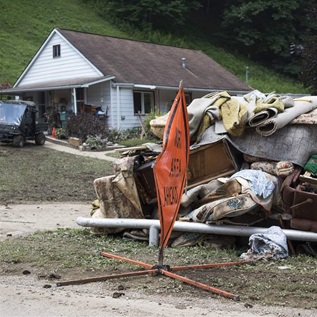Public Attitudes Toward Juvenile Justice in West Virginia
West Virginia voters strongly support improving the state’s juvenile justice system by reducing the use of state-funded facilities and reinvesting in community supervision and programming, according to a statewide poll. In the survey, conducted in January 2015 by a bipartisan team of pollsters, a majority of Republican and Democratic voters agree that state facilities should be used for more serious offenders and prefer that lower-level offenders receive community supervision.
Key findings
- Nearly 9 in 10 voters favor diverting less serious juvenile offenders from state-funded facilities into community supervision, while reinvesting the savings in substance abuse treatment and other services.
- Nearly 9 in 10 voters also say that reducing juvenile recidivism matters more than the length of offenders’ stays in state facilities.
- 90 percent said schools, families, and communities—not the juvenile justice system—should respond to youth who skip school.
Pew’s public safety performance project commissioned the Mellman Group and Public Opinion Strategies to conduct this survey as part of its technical assistance to the West Virginia Intergovernmental Task Force on Juvenile Justice. The telephone survey of 600 registered voters took place Jan. 14 to 18, 2015. The margin of error for a survey of this size is plus or minus 4 percent at a 95 percent level of confidence. The margin of error is higher for subgroups.











